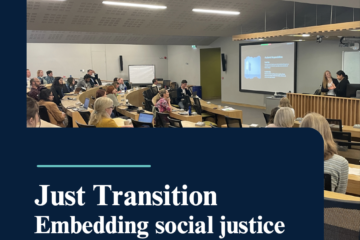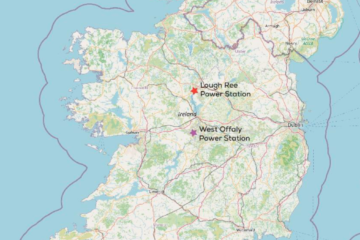Soft Energy Paths Revisited: Politics and Practice in Energy Technology Transitions
2016, Published in Challenges 7 (2):16
Schelly C, Banerjee A
http://doi.org/10.3390/CHALLE7020016
Abstract: This paper argues that current efforts to study and advocate for a change in energy technologies to reduce their climate and other environmental impacts often ignore the political, social, and bodily implications of energy technology choices. Framing renewable energy technologies exclusively in terms of their environmental benefits dismisses important questions about how energy infrastructures can be designed to correspond to democratic forms of socio-politics, forms of social organization that involve independence in terms of meeting energy needs, resilience in terms of adapting to change, participatory decision making and control, equitable distribution of knowledge and efficacy, and just distribution of ownership. Recognizing technological choices as political choices brings explicit attention to the kinds of socio-political restructuring that could be precipitated through a renewable energy technology transition. This paper argues that research on energy transitions should consider the political implications of technological choices, not just the environmental consequences. Further, emerging scholarship on energy practices suggests that social habits of energy usage are themselves political, in that they correspond to and reinforce particular arrangements of power. Acknowledging the embedded politics of technology, as the decades’ old concept of soft path technologies encourages, and integrating insights on the politics of technology with insights on technological practices, can improve future research on energy policy and public perceptions of energy systems. This paper extends insights regarding the socio-political implications of energy paths to consider how understandings of energy technologies as constellations of embedded bodily practices can help further develop our understanding of the consequences of energy technologies, consequences that move beyond environmental implications to the very habits and behaviors of patterned energy usage, which are themselves arguably political. This paper calls for future research that involves explicit examination of the relationship between technologies, socio-political distributions of power and access to energy resources, the social organization of energy practices, and options for energy transitions not just in terms of energy source, but also in terms of scale, design, and modes of ownership and control.



0 Comments